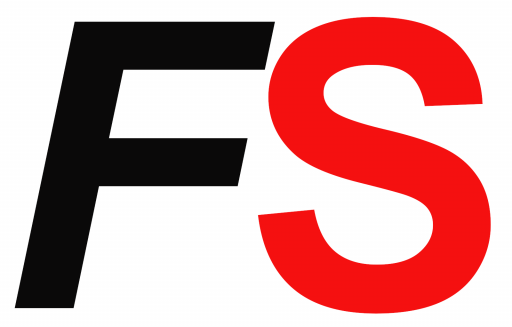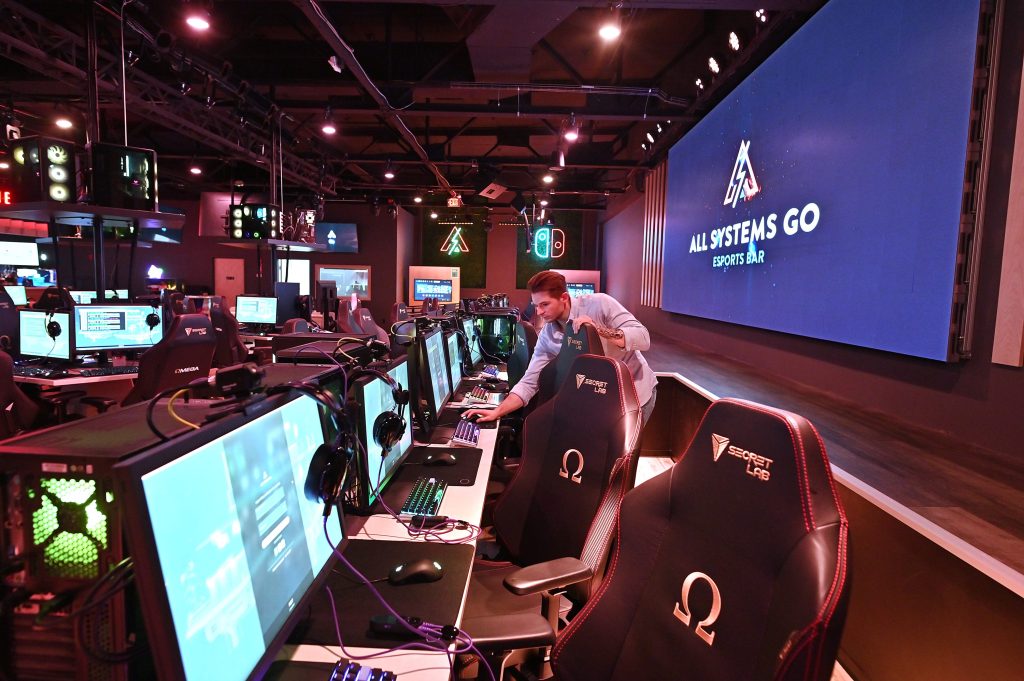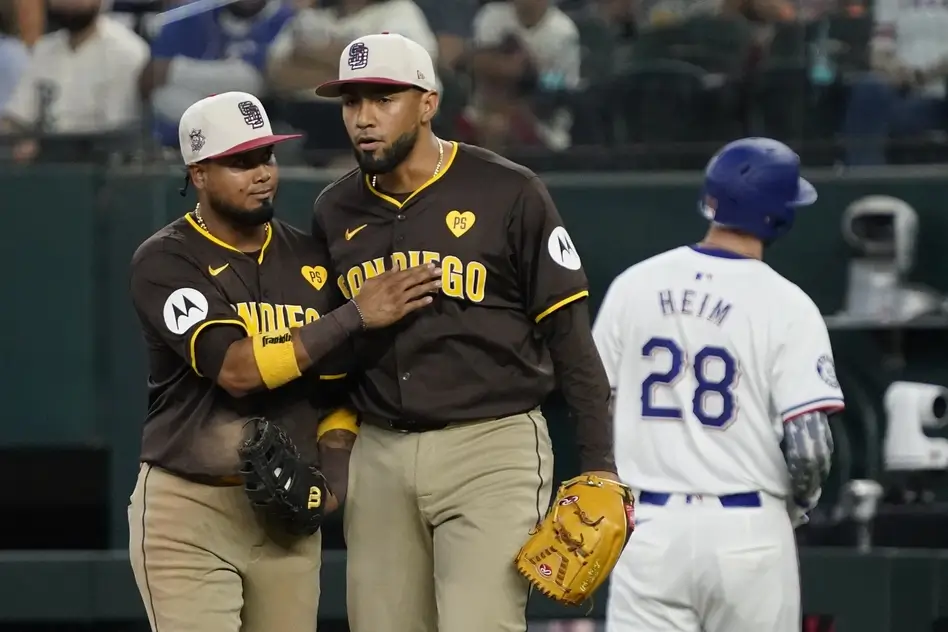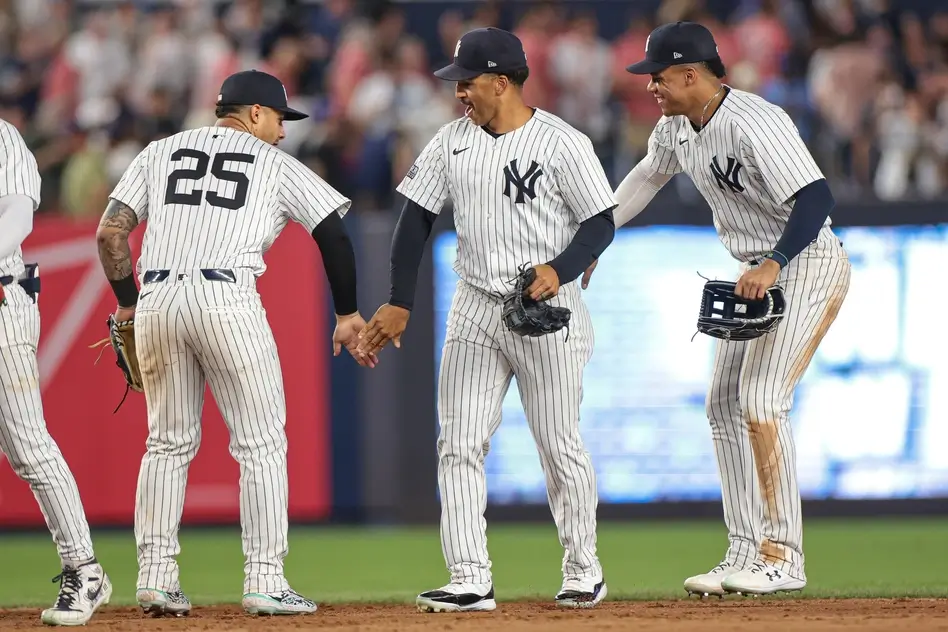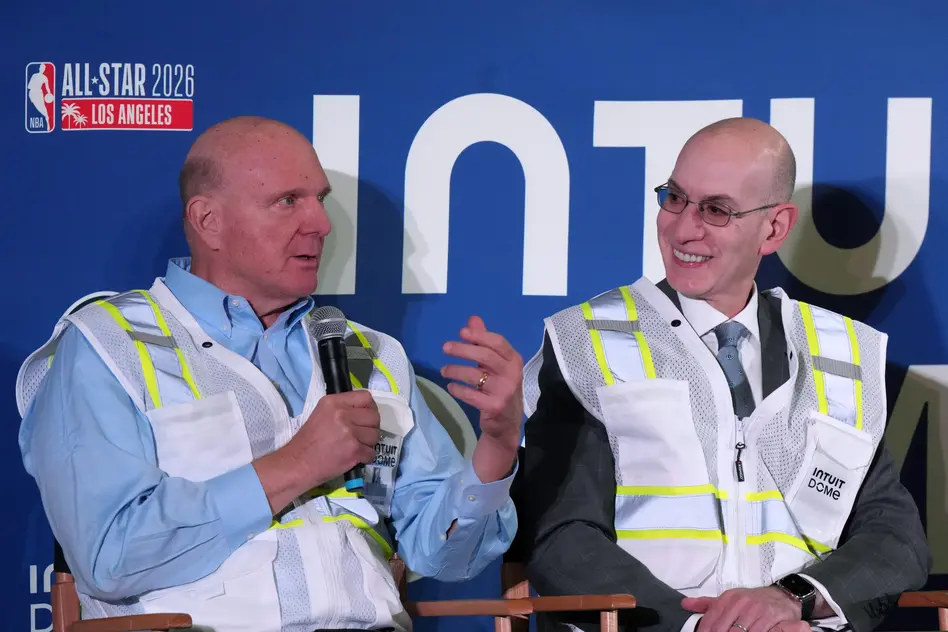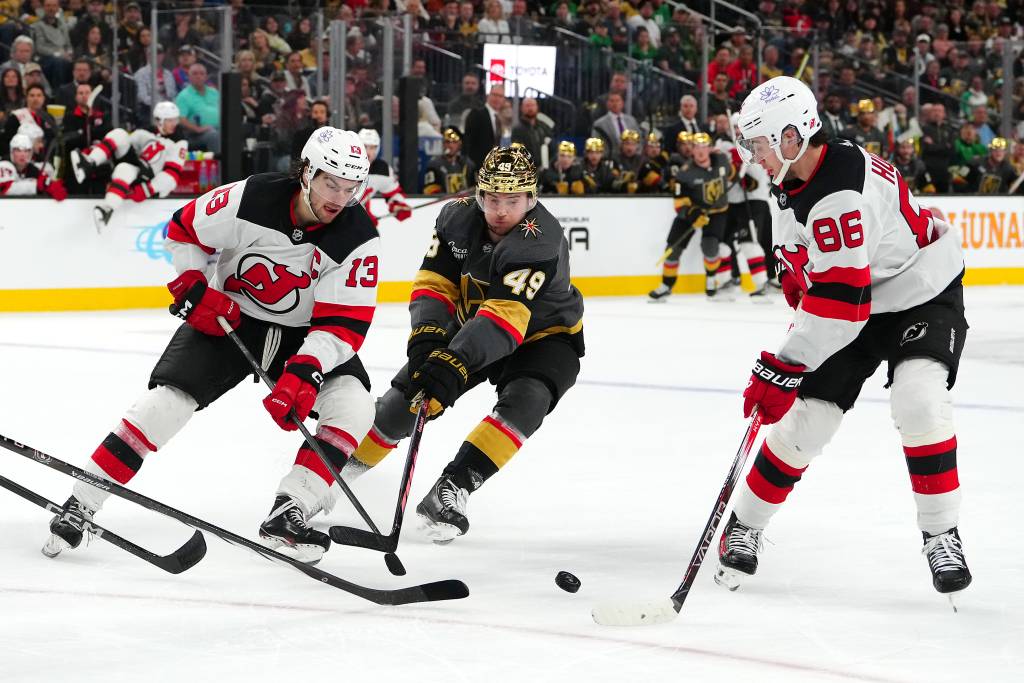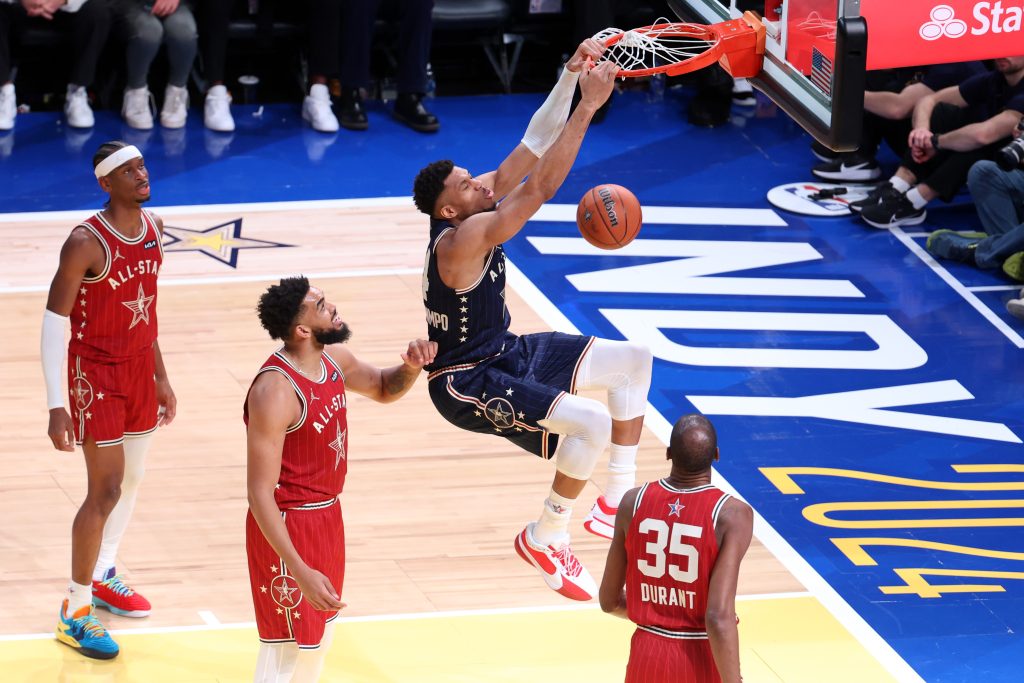Anyone who has followed the rise of eSports in the last decade has seen a brand new industry evolve. Though many are still on the fence about whether a professional Valorant or CS GO player is an athlete, there’s one clear tie between pro sports and eSports: league organization.
Back in 2017 and 2018, some of the earliest players within the eSports industry were other professional athletes and team owners. Not only were they pouring resources into developing competitive eSports teams, but they were also leaving their mark on how leagues like the ESL and Championship work.
One of the most critical elements of eSports infrastructure has been the International Esports Federation or IESF. The IESF, based in South Korea, is responsible for overseeing the integrity of eSports competitions. They’re a unifying body that ensures the integrity of competition is upheld, while player, team, and staff rights are also protected.
The IESF is one of the most critical elements that has helped legitimize eSports—just like the Football Association (FA) oversees football in England. But just because eSports now has a single organizing body, that doesn’t mean all other sports leagues do. In fact, even some of the world’s most popular sports leagues (and those that influenced the IESF and eSports) aren’t the paragon of their industry.
Let’s take a closer look at some of the world’s most high-profile dueling leagues.
WPT vs WSOP
When people think of poker today, they’re likely to imagine a competitive online platform where players cut their teeth or an expansive casino floor full of players keeping a low profile in a large tournament. The latter is thanks to the World Series of Poker, which started in Las Vegas in 1970.
The original WSOP helped put poker on the map globally—but it isn’t the only major company hosting tournaments and qualifiers around the world. In 2002, World Poker Tour began rolling out online and in-person events. Since then, they’ve become one of the most accessible poker competitions with main events around the world—and one of WSOP’s perennial competitors.
XFL vs NFL
The NFL is one of the most recognized leagues in the world—even if not many international fans follow American football. The NFL itself is a union between two dueling leagues: the American and National leagues. In 2020, the league celebrated its centennial—twenty years after a rival league was launched by Vince McMahon.
Vince McMahon is the head of the WWE, the world’s most popular pro wrestling organization. In 2001, McMahon decided to create a more exciting NFL—one with harder hits and fewer breaks in the action. His XFL failed (twice), but was rebought in 2020 by Redbird Capital. Redbird Capital is owned by Dwayne ‘The Rock’ Johnson and his business partner Dany Garcia. Under Redbird, the XFL is set to re-launch across North America in the Spring of 2023.
LIV Golf vs PGA Tour
At the moment, the most contentious battle between dueling leagues lies in professional golf. Since 1929, the PGA has overseen golf on a global level, including branches like the European Tour and Japan Tour. However, there’s a new league picking off PGA stars: LIV Golf.
LIV Golf was founded in 2021, funded by Saudi Arabia’s Public Investment Fund. The PGA has fought the formation of LIV Golf, threatening golfers that jump ship to compete for one of LIV’s staggeringly high prize pools. The controversy between the dueling leagues comes down to two factors.
First, some have questioned the legitimacy of the league—and, in particular, the source of its funding. In other words, not everyone is happy about the questionable nature of LIV’s founding and ultimate mission. Second, others have pointed out that the PGA has run as a near monopoly, regularly blocking the formation of rival golf leagues. In fact, the PGA is currently being investigated by the US Justice Department due to antitrust allegations.

